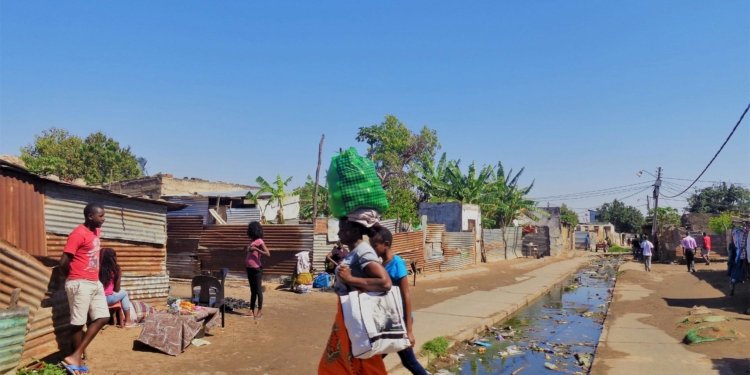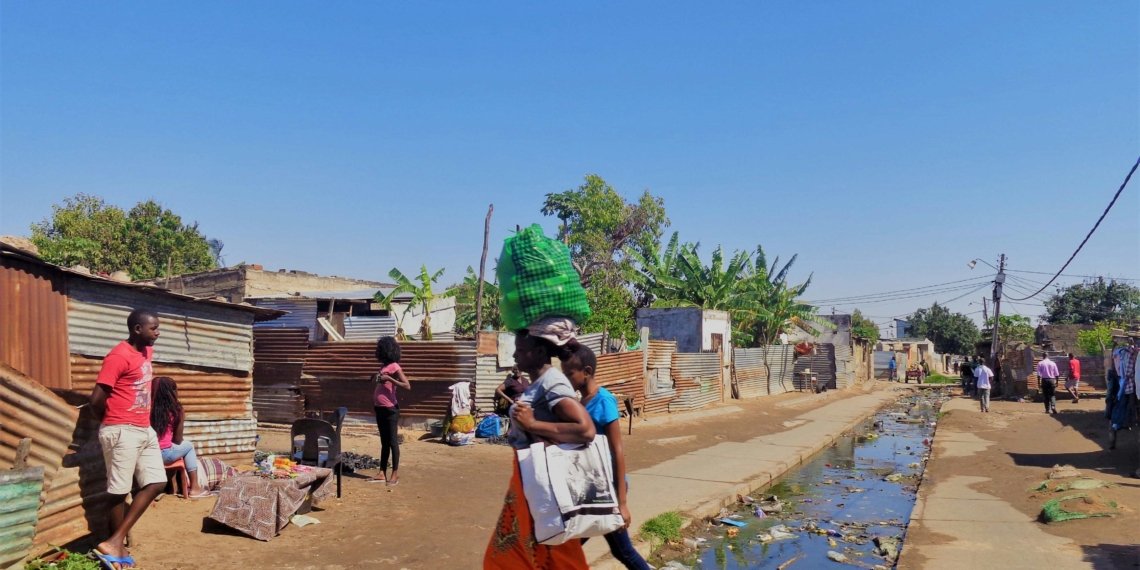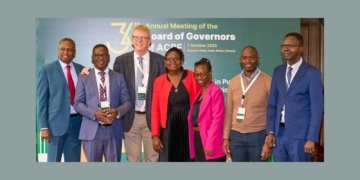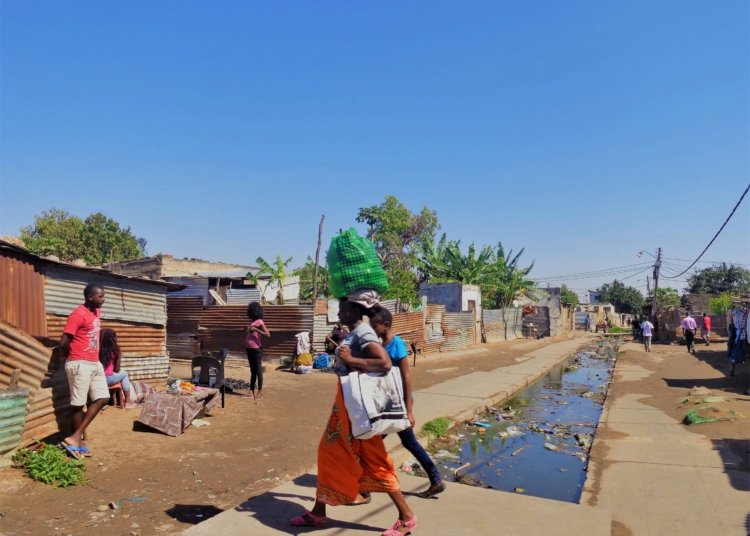Utilities and municipalities across sub-Saharan Africa continue to face major hurdles in managing data related to non-sewered sanitation, according to a new assessment.
The report, titled Data Systems for Non-Sewered Sanitation in Sub-Saharan Africa: Status, Challenges, and Recommendations, highlights weaknesses across data generation, analysis, and operational use that affect service delivery and planning.
“Data generation at the utility and municipality levels is driven mainly by reporting obligations rather than internal performance and operations management,” the report states.
That dependence on external requirements results in data that lacks alignment with local decision-making needs.
Limited expertise and the absence of defined performance indicators have contributed to a weak data culture, particularly among institutions responsible for non-sewered sanitation (NSS).
Tools such as mWater, KoboCollect, and Open Data Kit are used inconsistently, according to the report.
While some utilities combine digital and paper-based methods, others rely entirely on manual processes.
Only a handful have conducted comprehensive mapping of capture, containment, and treatment infrastructure.
In many cases, local agencies depend on data from national health or sanitation systems, which do not always provide the information they need.
The report describes data analysis as largely “project-based,” often conducted to satisfy donor or development partner requirements.
“Utilities and municipalities have limited to non-existent systematic data cleaning and validation processes,” the authors write.
Basic spreadsheet software remains the most common analytical tool. The absence of dedicated analytics teams also hampers efforts to produce timely insights.
Where monitoring and evaluation frameworks exist, they often omit components necessary for institutional learning.
“Utilities and municipalities in SSA tend to primarily implement M&E frameworks, leaving out the learning component,” the report explains. As a result, insights are rarely translated into operational improvements.
Some countries have begun addressing the gaps.
Kenya and Zambia have implemented centralized NSS data platforms to improve access and reduce duplication.
Utilities in several locations have also begun rolling out integrated enterprise resource planning systems, aiming to consolidate internal data and improve coordination across departments.
While many of these systems remain incompatible with external platforms, their adoption marks a shift toward institutional investment in data infrastructure.
These initiatives could offer models for strengthening sanitation data systems more broadly, especially as non-sewered solutions play a growing role in expanding access to basic services.































